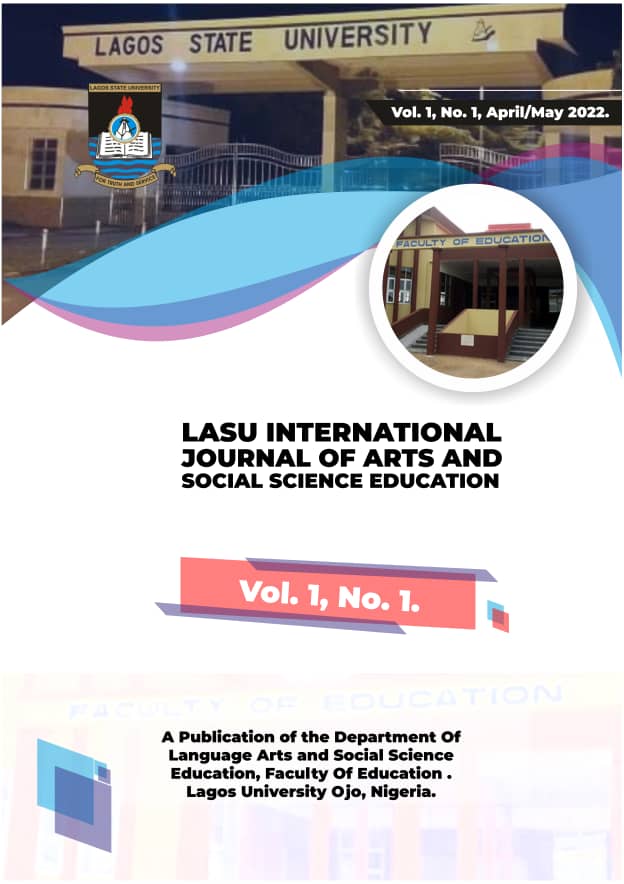This study investigated the effect of Learning Together Strategy on learners’ achievement in civic education at the Senior Secondary School level. The population consisted of all SSII Civic Education students in public coeducational secondary schools in Lagos State's senatorial districts. Two schools were purposively selected within the area of study. The research design was a quasi-experimental design using the pre-test, post-test non-equivalent group design. The instrument used to gather data was the Civic Education achievement test (CEAT) which had a reliability coefficient of 0.76. A total of 102 SS2 civic education students participated in the study. The experimental group was taught with the Learning together Strategy while the control group was taught with the traditional lecture method. The data (pre-test and post-test scores) collected was anlaysed using ANCOVA since the participants were not randomly assigned to the groups. The study found a statistically significant difference between the performance of students taught using Learning together Strategy and those taught with the traditional lecture method [F(1, 100) = 6.34; p < 0.05]. It was also found that no statistically significant difference existed in the achievement of male and female students in the experimental group. Hence, the study concluded that Learning together Strategy is a potent approach for improving students’ academic achievement in civic education. Based on the findings, it was recommended that civic education teachers should employ learning together strategy to foster meaningful learning in the classroom.


